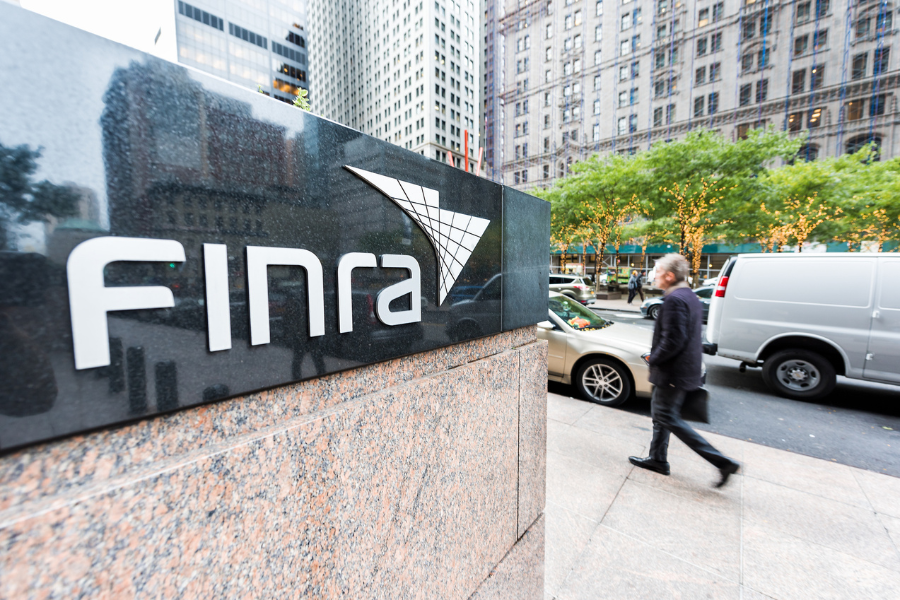

A total of 741 Finra member firms have opted-in to the first part of a three year pilot assessing remote inspections of branches and offices.
Eligible member firms can satisfy their obligations for inspections without an office or branch visit. However, they need to ensure that a risk assessment is documented and that there are satisfactory supervisory procedures for the inspection and reporting of data to Finra.
The regulator proposed the idea in 2022 following the use of remote inspections during the pandemic, but the proposal has not been without opposition from the North American Securities Administrators Association.
The firms taking part represent 22% of all Finra member firms, 67% of all registered representatives and 53% of registered branches. Large firms have been most willing to volunteer with 60% of those with 500 or more employees taking part, compared to 47% of mid-size firms and 18% of small firms.
The Remote Inspections Pilot Program began its initial phase on July 1 and will run until December 31. The second phase will commence on January 1, 2025, and run until the end of the year, with firms wishing to take part able to do so until December 27, 2024.
“As discussed in the rule proposal, Finra will use the pilot data to assess whether remote inspections may be part of a modernized supervisory system that reflects the hybrid work environment and the availability of technologies that did not exist when the on-site inspection was conceived. The first submission of data from the participants is due in mid-October,” Greg Ruppert, executive vice president and head of Member Supervision and Jonathan Sokobin, executive vice president, chief economist and head of the Office of Regulatory Economics and Market Analysis wrote in a blog post.
Earlier this year, Finra cited its Remote Inspections Pilot Program to refute claims by some firms that regulations were forcing them to mandate a return to the office for remote workers.

Summit Financial unveiled a suite of eight new tools, including AI lead gen and digital marketing software, while MassMutual forges a new partnership with Orion.

A new analysis shows the number of actions plummeting over a six-month period, potentially due to changing priorities and staffing reductions at the agency.

The strategic merger of equals with the $27 billion RIA firm in Los Angeles marks what could be the largest unification of the summer 2025 M&A season.

Report highlights lack of options for those faced with emergency expenses.

However, Raymond James has had success recruiting Commonwealth advisors.
Orion's Tom Wilson on delivering coordinated, high-touch service in a world where returns alone no longer set you apart.
Barely a decade old, registered index-linked annuities have quickly surged in popularity, thanks to their unique blend of protection and growth potential—an appealing option for investors looking to chart a steadier course through today's choppy market waters, says Myles Lambert, Brighthouse Financial.
